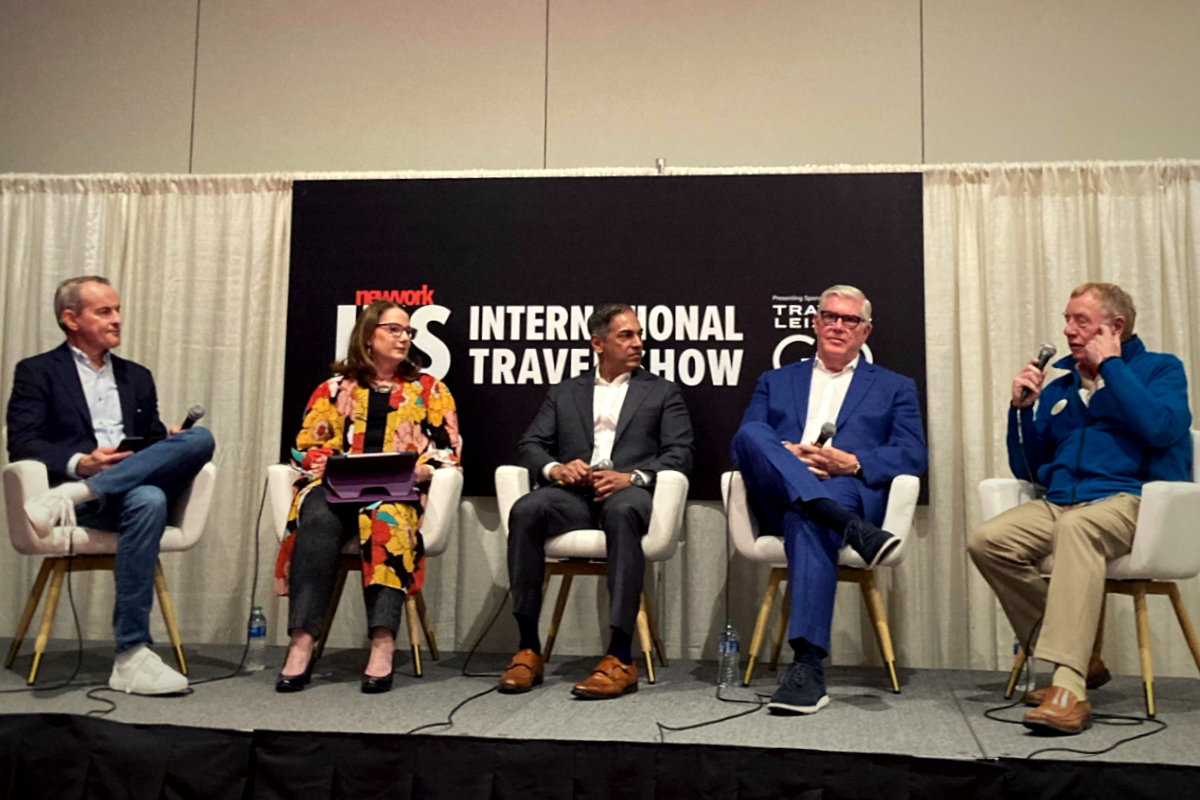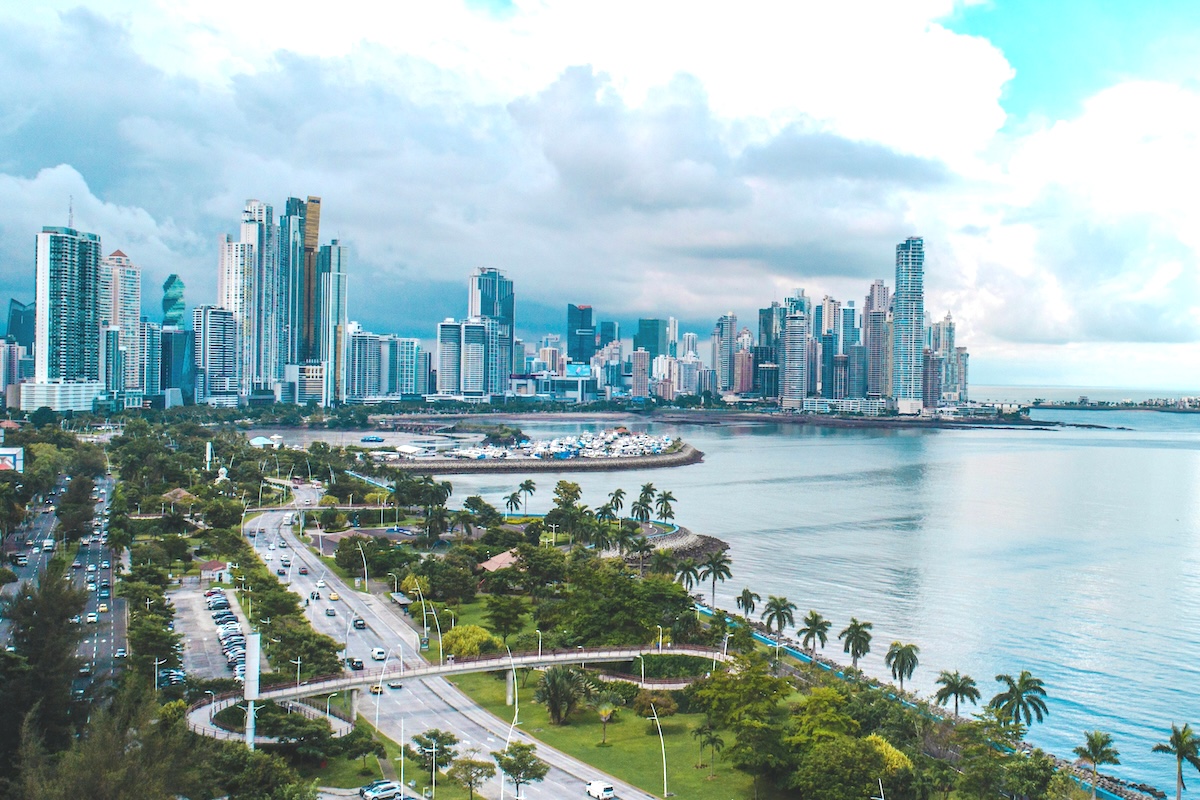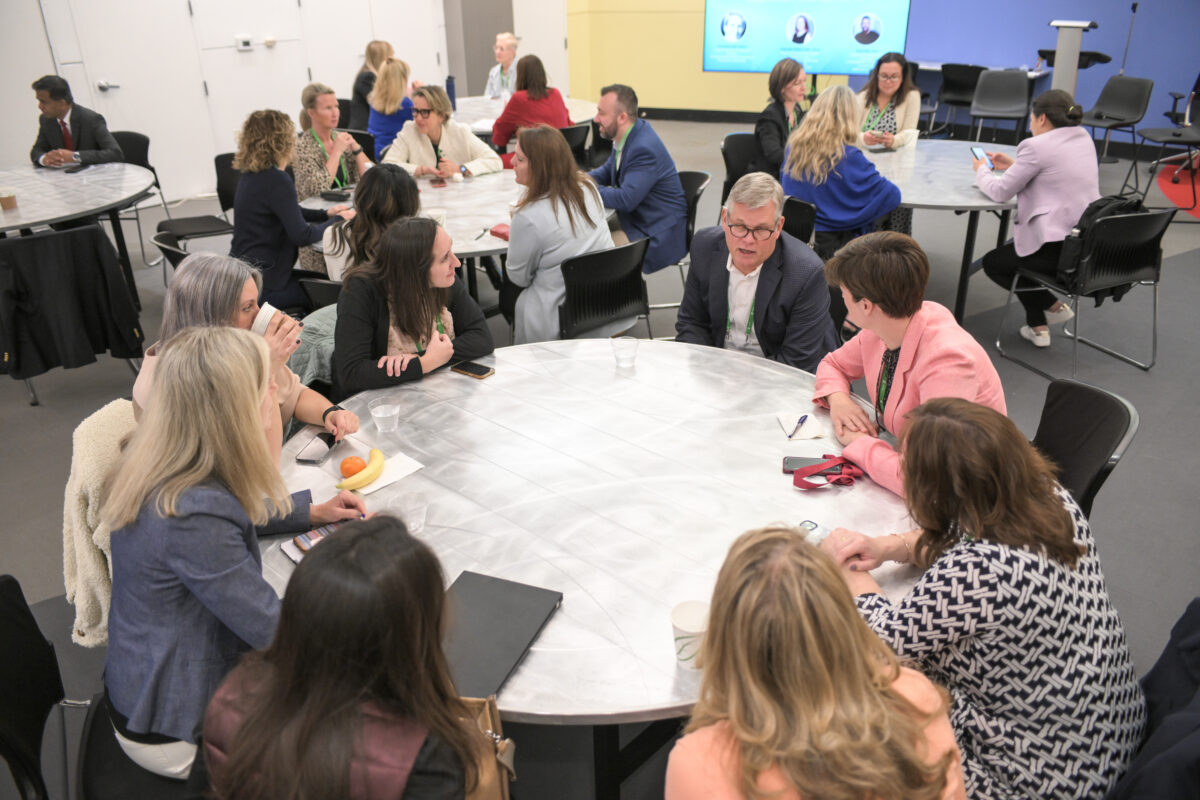Skift Take
Discussing boycotting destinations over discriminatory legislation may cause flashbacks, and bleisure travelers are so 2020. But these macro trends are reemerging, and industry leaders are looking to find ways to deal with them.
Industry leaders hit on a number of trends in a keynote session entitled “Issues Impacting the Meetings and Events Industry, and Solutions Currently Being Developed.” Granted, some of the issues are not new, yet they are reemerging thanks to societal shifts, post-COVID-19 trends, and more.
The session was part of a new conference for meetings and events professionals included for the first time in the New York International Travel Show that kicked off at the Javits Center on Thursday.
Moderated by Howard Givner, senior vice president, knowledge & innovation at PCMA, the panel was comprised of Cathy Breden, executive vice president and chief operating officer at the International Association of Exhibitions and Events (IAEE) and CEO of the Center for Exhibition Industry Research (CEIR); Sherrif Karamat, president and CEO at PCMA and CEMA; Alan Steel, CEO at New York Convention Center Operating Corp., which oversees the Javits Center; and Don Welsh, president and CEO at Destinations International.
On stage, the discussions revolved around the impact of controversial legislation on destination decisions, changes in work and travel patterns, visa and airport struggles for meeting attendees coming from abroad, artificial intelligence, and sustainability.
Destination Boycotts
Amid a divided country, where both the far right and left are louder than the moderate middle, controversial legislation proposals are coming up often, leaving planners to wonder whether to go full steam ahead on upcoming bookings or boycott a destination. It’s complicated.
“Members of the Baby Boomer generation, who are retiring, generally kept their personal views separate from business,” noted Givner, “but upcoming Gen Zers integrate everything and expect CEOs to speak out on discriminatory legislation. This issue is not something to avoid, it’s here.”
Shifting an event to another city isn’t always the answer, contended Welsh.
“In the bathroom law situation, we took the position that the cities we were looking at weren’t involved in writing the law, so we should activate events there. That’s been our mantra.”
Pulling up stakes can cause more harm than good, said Breden. “If you boycott the city, how will that change what’s happening? Also, you’re hurting the people serving your events.”
Bleisure is Back
The panel agreed that the dynamic around meetings has shifted with remote workforces needing to come together more than ever. Attendees are carefully considering whether an in-person event is worthy of their time or if they can meet online instead. Those changes reportedly are prompting the return of COVID-era bleisure travel.
“You’re going to see a lot more bleisure travelers,” Karamat predicted. “You want part of the appeal of a conference to be the destination, and some destinations now are saying they’re bleisure destinations.”
“A lot of people want to eat like locals and want to do things in the community rather than just go from the hotel to the convention center. They want to be immersed in the destination or else there’s no reason to be there. That’s something we learned in the pandemic,” said Welsh.
Forgetting the Welcome Mat
But can visitors from other countries even get into the United States? Givner shared the wait times for visas from a variety of countries, and the lag is sometimes nearly two years. Meanwhile, many of the panelists spoke about short waits at customs at foreign airports yet experiencing hours-long waits at home.
“This could be addressed with technology,” Welsh noted, mentioning that other countries already use biometric data at airports. In its third-quarter update, U.S. Travel said it was working to push for America to mirror the use of biometric data abroad.
But another technology, AI, isn’t being embraced as warmly.
Some panelists, like Karamat, are fans. “AI is your personal co-pilot, it can take away mundane tasks and give you the value you need to bring customers.”
Others are a bit more skeptical. “I worry about critical thinking,” said Breden. She has noticed a decline in such abilities in young job applicants and even workers.
The shrunken labor force and hiring were also discussed. “It may take longer to find people but we are finding them,” said Steel. Perhaps one draw at the Javits Center is its commitment to sustainability, including its rooftop garden. “We’re seeing more RFPs asking how events are being made sustainable and how we’re integrating DEI,” he said. “If we’re not integrating that we’re in trouble.”
Photo credit: Rayna Katz / International Travel Show





